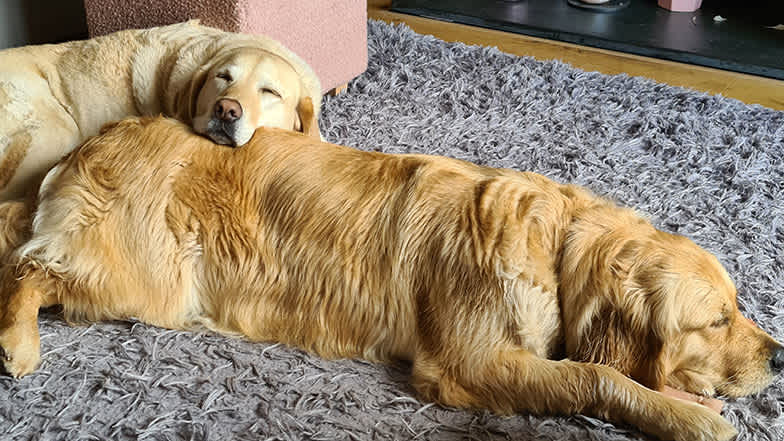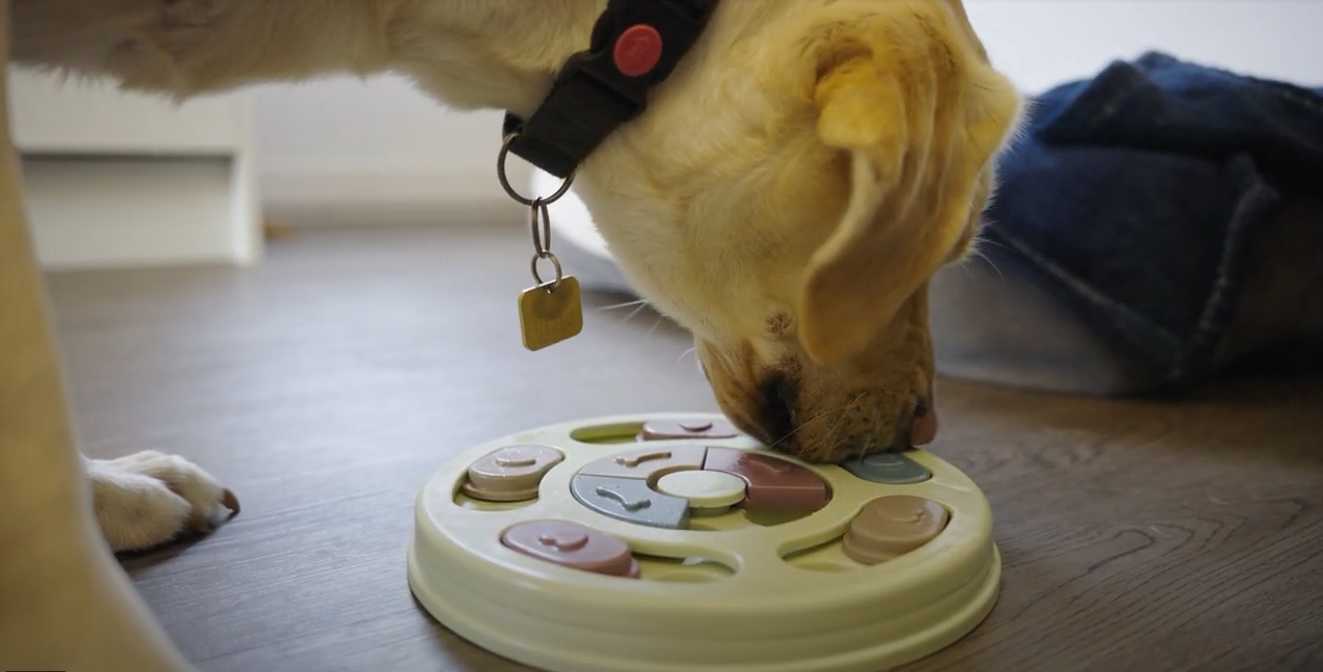New research by Guide Dogs has revealed approximately 7.8 million dogs in the UK are potentially exposed to poisonous plants in their very own gardens.
Almost half of UK dog owners (48%) with outside space claim to be gardening now more than ever, but only 50% of them have thought about what plants are poisonous when planning their beds. This is despite a third of owners admitting they have caught their dogs eating plants before.
Perilous plants are not limited to the garden either - the common household Sago Palm is so toxic to dogs that one seed alone ingested from this dwarf tropical tree could result in death, yet only 10% of owners are aware of this, and 4% even have the poisonous plant in their home.
A further four in 10 of dog owners are oblivious that certain plants can induce sickness when ingested, and just over half are not aware it could even prove fatal. Other symptoms as a result of poisoning are diarrhoea, excessive drooling, lethargy and difficulty swallowing.
Guide Dogs advises that owners also need to watch out for substances such as insecticides and poisons used in treating common garden nuisances that can be potentially toxic to dogs. One in five dog owners have unwittingly used slug pellets in their garden, unaware that commonly available types can be fatal to their dogs and cause severe illness within an hour.
Owners also need to be aware that like humans, dogs can be struck by hay fever – and don't even need to ingest plant substances to experience negative effects. Many dog owners have seen their dog suffer with skin itchiness (22%), coughing (14%) and swollen eyes and noses (9%) due to allergies to airborne pollen, grass and trees. However, as few as four in 10 (43%) knew that as in humans this is an easily treated ailment.
Dr Helen Whiteside, Head of Research at Guide Dogs, said “As we ready ourselves for the August bank holiday spent in the back garden hosting family and friends, gardening fever kicks in, but it’s important owners put your dog’s welfare front of mind when planning a garden.
“As much as you would consider light and soil type when buying plants, ensure you think of dog friendliness too. Our canine companions are curious by nature and explore the world through their hypersensitive sense of smell and taste – if you invite a dog to share your home you have to ensure it is a safe space for them too. Make sure you check the labels carefully and do your research on what plants will work best.”
This advice comes ahead of the Guide Dogs 90th Anniversary Garden at RHS Chelsea Flower Show this September. The Artisan Garden, designed by award-winning designers Adam Woolcott and Jonathan Smith, has been planned with dog-friendly planting as a key consideration.
Keep your dog safe and healthy with our dog care and welfare tips.


